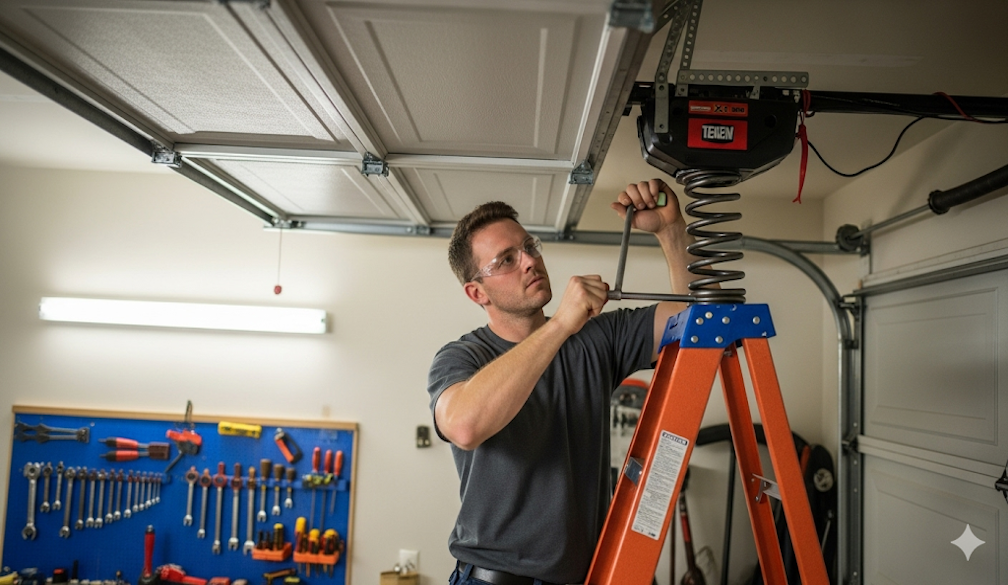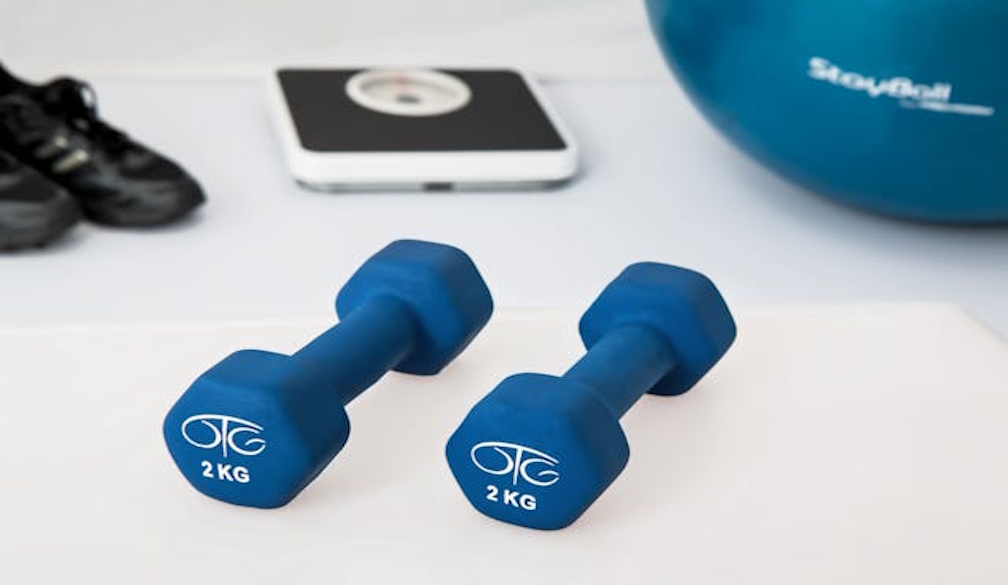Memory and attention difficulties are often part of a normal life
- Written by Jacqueline Anderson, Senior Lecturer in Clinical Neuropsychology, University of Melbourne
From young adults to people in their 60s, everyday functioning in today’s world can place high demands on our attention and memory skills.
Memory lapses such as forgetting an appointment, losing our keys, forgetting a distant relative’s name or not remembering why you opened the fridge can leave us believing our thinking skills are impaired.
But you might be too hard on yourself. Tiredness, stress and worry, and feeling down or depressed are all common reasons adults experience attention and memory difficulties.
Read more: What is 'cognitive reserve'? How we can protect our brains from memory loss and dementia
Attention and memory systems
Attention and memory skills are closely connected. Whether we can learn and remember something partly depends on our ability to concentrate on the information at the time.
It also depends on our ability to focus our attention on retrieving that information when it’s being recalled at a later time.
This attention system, which is so important for successful memory function, has a limited capacity – we can only make sense of, and learn, a limited amount of information in any given moment.
Being able to learn, and later successfully remember something, also depends on our memory system, which stores the information.
Changes in attention and memory skills
In people who are ageing normally, both attention and memory systems gradually decline. This decline starts in our early 20s and continues slowly until our 60s, when it tends to speed up.
During normal ageing, the number of connections between brain cells slowly reduce and some areas of the brain progressively work less efficiently. These changes particularly occur in the areas of the brain that are important for memory and attention systems.
This normal ageing decline is different from dementia and Alzheimer’s disease, which cause progressive changes in thinking skills, emotions and behaviour that are not typical of the normal ageing process. Dementia comes from a group of diseases that affect brain tissue and cause abnormal changes in the way the brain works.
Read more: Why people with dementia don't all behave the same
If you’re concerned your memory difficulties may be a symptom of dementia, talk to your GP, who can refer you to a specialist, if needed, to determine whether these changes are due to normal ageing, dementia or some other cause.
If you experience persistent changes in your thinking skills, which are clearly greater than your friends and acquaintances who are of a similar age and in similar life circumstances, see your GP.
Normal attention and memory difficulties
Broadly, there are two main reasons healthy adults experience difficulties with their memory and/or attention: highly demanding lives and normal age-related changes.
A person can be consistently using their attention and memory skills at high levels without sufficient mental relaxation time and/or sleep to keep their brain working at its best.
Young adults who are working, studying and then consistently using attention-demanding devices as “relaxation” techniques, such as computer games and social media interaction, fall into this group.
Adults juggling the demands of work or study, family and social requirements also fall into this group.
Most adults need around seven to nine hours of sleep per night for their brain to work at its best, with older adults needing seven to eight hours.
Most of us need seven to nine hours of sleep a night. Gorodenkoff/ShutterstockThe second common reason is a combination of ageing-related brain changes and highly demanding work requirements.
For people in jobs that place a high load on thinking skills, the thinking changes that occur with normal ageing can become noticeable at some point around 55 to 70 years of age. It’s around this time age-related changes in the ability to carry out complex thinking tasks become large enough to be noticeable. People who are retired or don’t have the same mentally demanding jobs generally experience the same changes, but may not notice them as much.
This is also the age many people become more aware of the potential risk of dementia. Consequently, these normal changes can result in high levels of stress and concern, which can result in a person experiencing even greater difficulties day to day.
Emotional distress can take its toll
Feeling down and sad can affect memory and concentration. When a person is feeling worried and/or down regularly, they may become consumed by their thoughts.
It’s important to recognise how you’re feeling, to make changes or seek help if needed. But thinking a lot about how you’re feeling can also take a person’s attention away from the task at hand and make it difficult for them to concentrate on what is happening, or remember it clearly in the future.
So feeling worried or down can make it seem there is something wrong with their memory and concentration.
Boosting your attention and memory skills
There are a number of things that can be done to help your day-to-day memory and attention skills.
First, it’s important to properly rest your mind on a regular basis. This involves routinely doing something you enjoy that doesn’t demand high levels of attention or memory, such as exercising, reading for pleasure, walking the dog, listening to music, relaxed socialising with friends, and so on.
Playing computer games, or having a lengthy and focused session on social media, requires high levels of attention and other thinking skills, so these are not good mental relaxation techniques when you are already mentally tired.
Read more: Why two people see the same thing but have different memories
It’s also important to get enough sleep, so you are not consistently tired – undertaking exercise on a regular basis often helps with getting good quality sleep, as does keeping alcohol consumption within recommended limits.
Looking after your mental health is also important. Noticing how you are feeling and getting support (social and/or professional) during longer periods of high stress or lowered mood will help ensure these things are not affecting your memory or concentration.
Finally, be fair to yourself if you notice difficulties with your thinking. Are the changes you notice any different to those of other people your own age and in similar circumstances, or are you comparing yourself to someone younger or with less demands in their life?
If you have ongoing concerns about your attention and memory, speak with your GP, who can refer you to a specialist, such as a clinical neuropsychologist, if needed.
Read more: Curious Kids: why do I sometimes forget what I was just going to say?
Jacqueline Anderson does not work for, consult, own shares in or receive funding from any company or organisation that would benefit from this article, and has disclosed no relevant affiliations beyond their academic appointment.
Authors: Jacqueline Anderson, Senior Lecturer in Clinical Neuropsychology, University of Melbourne
Read more http://theconversation.com/memory-and-attention-difficulties-are-often-part-of-a-normal-life-119539





















